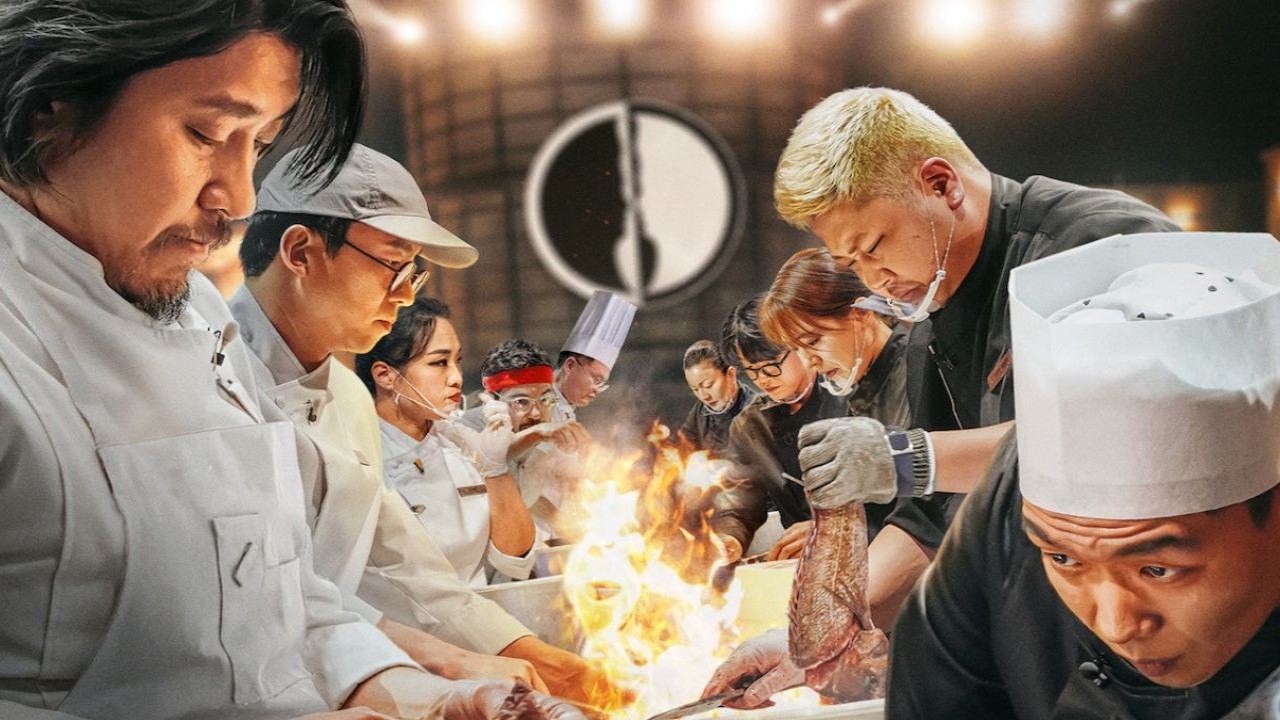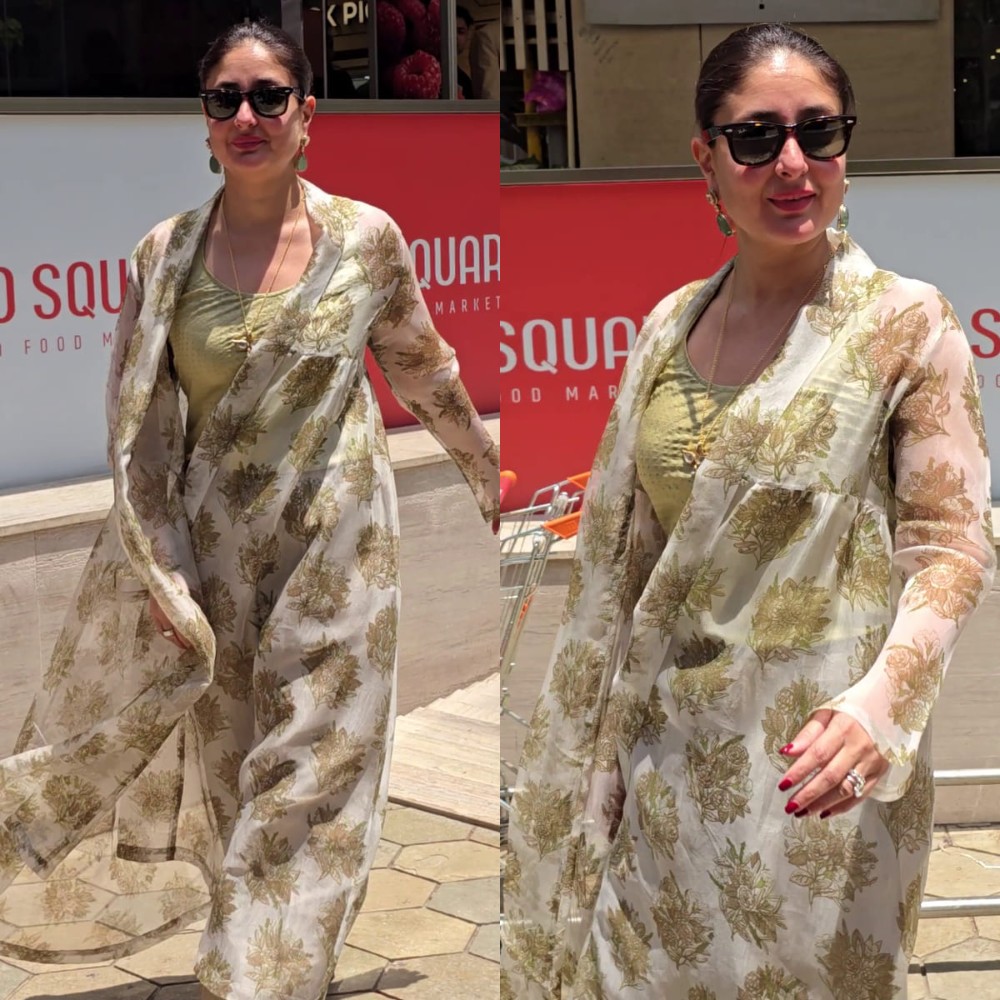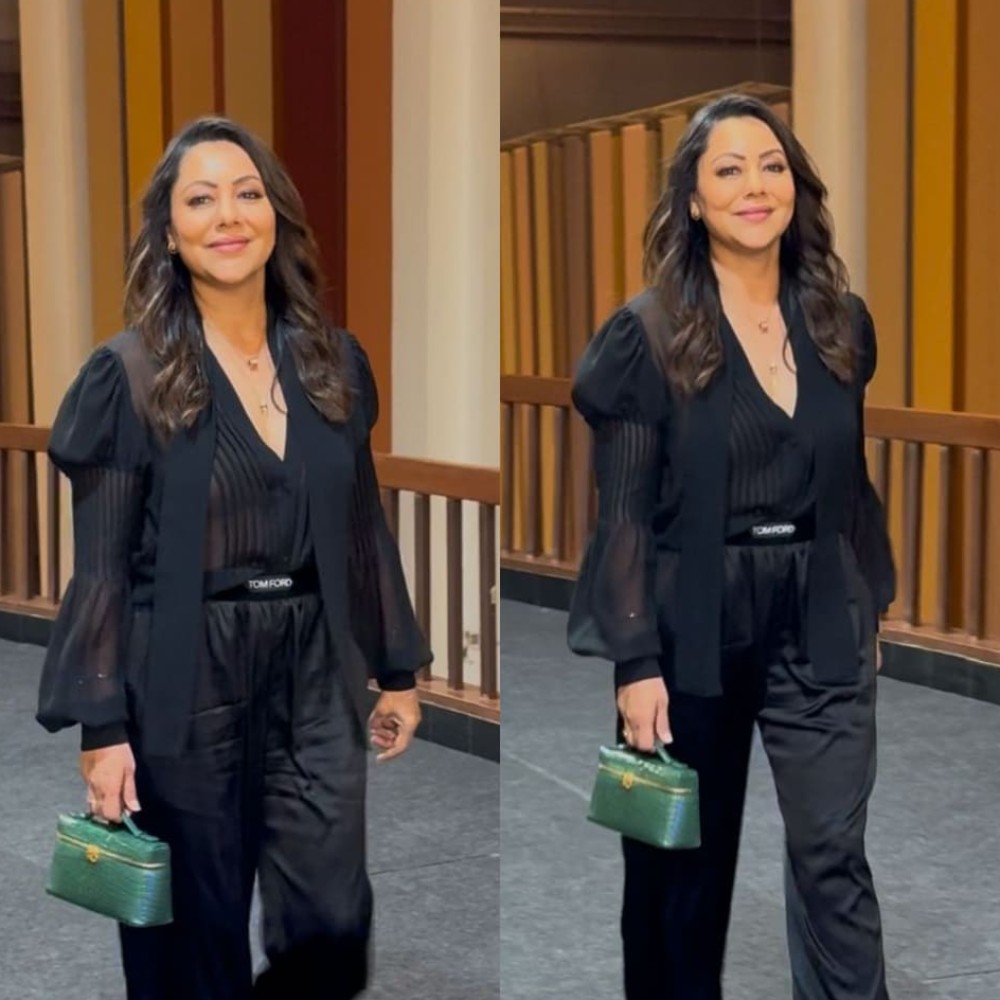Culinary Class Wars Review: Korean cooking show ate and left no crumbs with its competitive and invigorating style
Korean reality shows reached a new peak with Netflix’s unscripted run of Culinary Class Wars. Here’s what we thought of the show, check out the full review below.

Name: Culinary Class Wars
Premiere Date: 17 September, 2024
Cast: Paik Jong Won (Baek Jong Won), Anh Sung Jae
Director: Kim Hak Min, Kim Eun Ji
Writer: Mo Eun Seol
No. of episodes: 12
Genre: Reality TV, Cooking show
Language: Korean
Where to watch: Netflix
Culinary Class Wars Synopsis
Also titled, 흑백요리사: 요리 계급 전쟁, meaning Black and White Chef: Culinary Class Wars. the cooking reality show from Netflix pitted The White Spoons and The Black Spoons against each other, casting a twist on the Korean phrase of Golden Spoon meaning a person born into an affluent family. The White Spoons comprised a set of 20 experieneed and well-known chefs who fought to protect their name tags against 80 relatively unknown chefs, or Black Spoons, who competed under aliases and vowed to let their names be out in the world. They stand to win 300 million KRW.
Watch Culinary Class Wars Trailer
What worked for Culinary Class Wars
Cooking shows are no stranger to popularity with popular franchises like the MasterChef series earning global fame and countless versions and renewals. What Culinary Class Wars pulled for itself was a renewed concept with the familiarity of Hell’s Kitchen and MasterChef sets styling for a K-content-hungry audience.
The makers probably knew that most K-prefixed things sell well in today’s time and took full advantage of the situation to once again promote its local cuisine in line with a globally influenced casting which included Italian chefs based in South Korea competing against cuisine specialists, untrained chefs cooking opposite ones with their own Michelin stars. The drama of it all brought much-appreciated popularity to the show and has resulted in a redefined attention towards Korean cooking.
It allowed for a platform where a home chef, a comic book-inspired chef, a Cooking Maniac, and a school meal chef stood on a level playing field alongside chefs working and earning Michelin stars, MasterChef Korea winner, and more such names.
Moreover, Culinary Class Wars did a fantastic job of introducing local ingredients, fresh produce, and the versatility of Korean cuisine to viewers who showed a great interest in learning more. The same resulted in a convenience-store dessert release after winner Napoli Matfia’s creative dish that was made out of minimal, easily available ingredients, touching hearts and lending him the lifeline on the show.
What did not work for Culinary Class Wars?
It’s hard to nitpick from a program of this calibre which has impressed viewers globally but also earned flak for the ‘casting aside’ of industry masters like Ahn You Seong and Lu Chinglai. Maybe we can talk about how 3rd placed Triple Star, chef Kang Scott was not given enough time to speak after losing out in the semi-final or that the dimming of light after being eliminated made it impossible to look at the chef’s face, but all that would not hold much merit.
The sudden change of rules or the lack of clear explanation in some cases by the creators and the judges are probably some minute details that we suggest the show look at once again.
How were the judges in Culinary Class Wars
Paik Jong Won or Baek Jong Won, is a common face not just in South Korea but in Korean cuisine globally due to his celebrity status as well as his long-running successful business model which only keeps expanding every year. Anh Sung Jae’s inclusion as the judge may be debatable due to his past of competing alongside the likes of chef Choi Hyun Seok, but being the only 3-star Michelin chef in South Korea, and having some of his own former staff compete on the show, makes him a perfect fit.
Baek Jong Won’s pros include him breaking the misconception of being unaware of the fine dining experience due to his dabbing in home-style cooking but his equal and refined judgement towards all contestants made him the right fit. Anh Sung Jae’s experience and rise to the top of the chain, came with hard work, attention to detail and an almost stubbornness, which turned up on the surface during the course of the show. The two, unrelenting, showcased a newfound chemistry as tough-to-please judges which was very apt for Culinary Class Wars.
Overall Culinary Class Wars Review
One can easily argue over the final 2 episodes’ progression, and express disappointment over the result, however, the narrative in a reality show, especially one about cooking is difficult to be justified according to the viewers’ opinions. The charm of an “unscripted” program lies in its absurd turnouts and sometimes questionable outcomes which ultimately add to the thrill of watching them. One may also say that the creators painted a perfect picture for the finale with exactly one White Spoon chef and one Black Spoon chef left to compete, but isn’t that what the viewer may have expected from the name of the show?
The elimination of industry-star chef Choi Hyun Seok, who made a mistake in the quarter-finals by forgetting to add garlic to his dish and then creating a lamb to be the central point of his cooing rather than tofu as requested, was enough of a shock to keep the show going. It is also the grace with which the chef exited that enhances the viewing experience.
An unexpected similarity to Physical: 100, Culinary Class Wars has enlightened viewers about what awaits in the K-content business as it grows.





 JOIN OUR WHATSAPP CHANNEL
JOIN OUR WHATSAPP CHANNEL
































